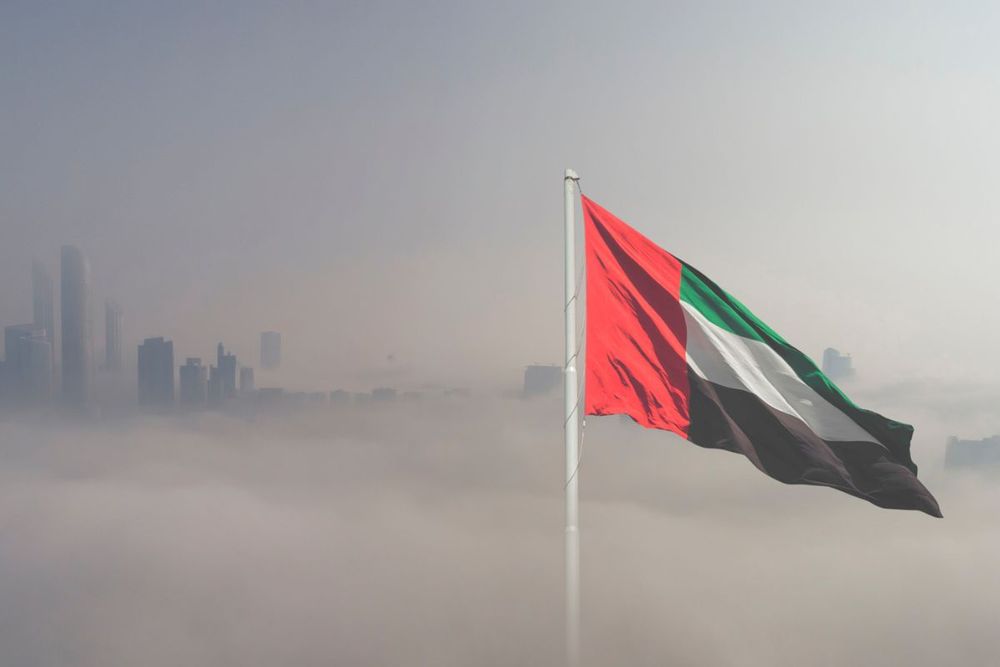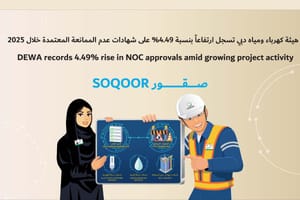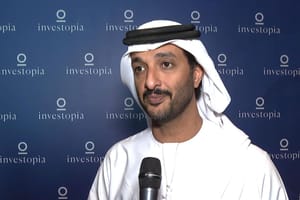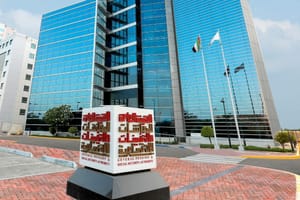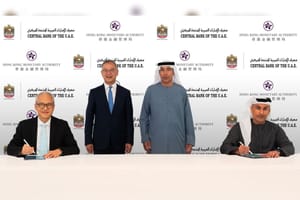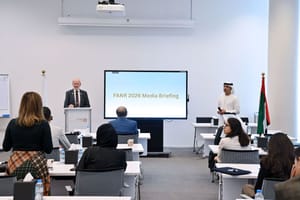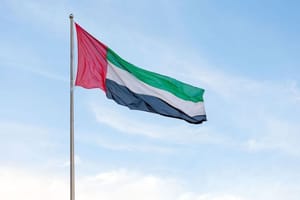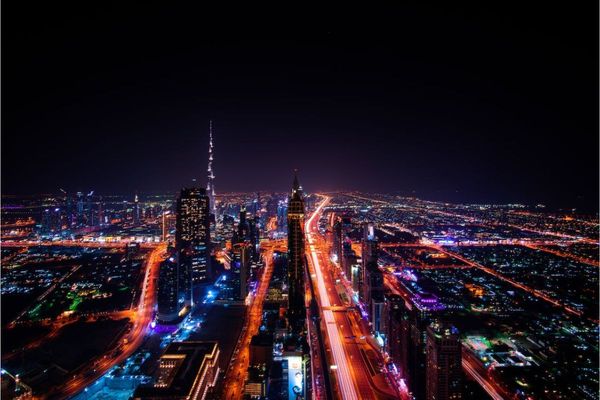Dr. Daoud Hassan Kadhim, an Iraqi environmental expert, expressed his confidence in the success of the 28th United Nations Climate Change Conference of the Parties (COP28), which the UAE will host from 30th November to 12th December at Expo City Dubai.
He said that all indicators confirm that the conference will achieve all its objectives, adding that COP28 will be a one-of-a-kind global platform to present constructive solutions that ensure global mitigation of the climate change fallout.
Dr. Kadhim told that the UAE is worthy of hosting COP28, as it is one of the four countries that were chosen as the regional headquarters for the United Nations Big Data for Sustainable Development platform dedicated to Sustainable Development Goals (SDGs), which are planned to be implemented by 2030, in addition to the country’s organisational expertise and prominent achievements in combatting climate change and supporting other countries in transitioning to clean energy.
On the UAE's hosting of COP28, he stressed that the conference would serve as a platform for stakeholders from around the world to discuss the implementation of the outputs of the Paris Agreement to address the issues arising from global warming and climate change.
He also explained that all the preparations and procedures undertaken by the UAE, in addition to the meetings and visits of Dr. Sultan bin Ahmed Al Jaber, Minister of Industry and Advanced Technology and COP28 President-Designate, to countries across the globe, reaffirm that this conference will be different in terms of taking effective measures to ensure mitigating the fallout of climate change, especially in light of the UAE’s goals and strategies in this regard, including the Net Zero by 2050 and Green Hydrogen initiatives.
Dr. Kadhim highlighted ADNOC’s recent announcement on the beginning of the construction of the Middle East’s first high-speed hydrogen refuelling station, which is being built in Masdar City, as well as renewable energy plants to be completed by 2050, utilising sources at rates up to 100 percent of solar energy and other percentages of wind energy, in addition to four electro-nuclear reactors at Barakah Nuclear Energy Plant.
He also underscored the UAE’s federal and local government plans and strategies to rationalise energy consumption across many sectors, with the gradual shift in electric energy production from the use of fossil fuels to renewable energy, especially solar.
Dr. Kadhim stated that these achievements are complimented by the UAE's hosting of the permanent headquarters of the International Renewable Energy Agency (IRENA), in addition to being the first country in the region to build an integrated model for future cities (Masdar City), which has proven its status as a sustainable city through compliance with all international standards in this field.
He said,
“The UAE has not only implemented what is required in the field of renewable energy, but has also linked all of this to the implementation of the 17 Sustainable Development Goals (SDGs), becoming a global and regional leader in planning and implementation with full transparency and competence."
Dr. Kadhim stressed that Iraq could benefit from COP28 by learning about global experiences and concluding memorandums and agreements that provide technical and administrative support and partnerships to implement its plans.
“Iraq must cooperate with other Arab countries in order to address desertification and climate change,”
he added.
The Iraqi environmental expert pointed out that the Abu Dhabi Future Energy Company (Masdar) of the Mubadala Investment Company, one of the world's leading companies in the field of renewable energy, signed a strategic agreement with Iraq to develop solar energy projects with a total production capacity of 2 gigawatts, in addition to providing investments amounting to US$3 billion in various development and economic fields.
Dr. Kadhim explained that the history of climate change agreements, from the first agreement in Kyoto, which was adopted on 11th December 1997, until the Paris Agreement, adopted by the 21st Conference of the Parties in Paris on 12th December 2015, through many other COP meetings, has proven that the signing of agreements does not necessarily mean a commitment to implementation.
“From this standpoint, the UAE adopted a realistic and decisive approach based on the fact that the Conference of the Parties could be the world's last chance to address climate change, especially after Earth’s temperature exceeded a critical level, along with the El Niño Phenomenon and other climate change effects that are visibly apparent across the whole planet – be it land, seas or oceans – which could herald more consequences and risks unless the world takes a serious stance,”
he continued.
He concluded by calling on the countries of the world to mobilise to reach solutions and decisions that are binding for the sake of humanity.
News Source: Emirates News Agency
